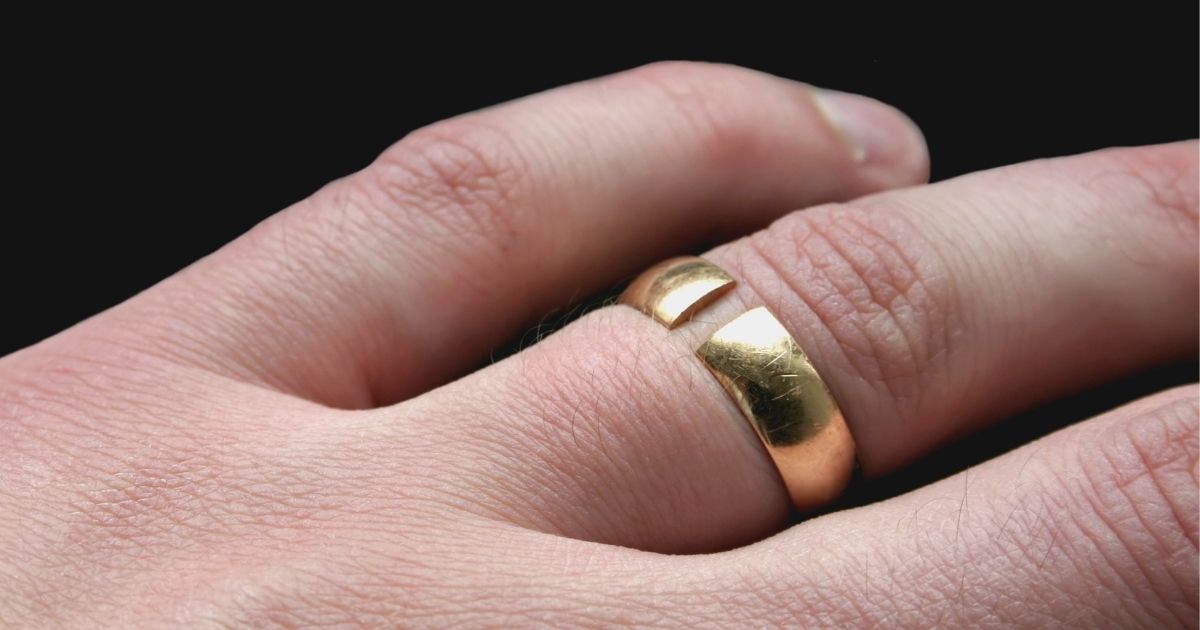How a Religious Divorce May Affect a Civil Divorce

Navigating Religious Divorce in New Jersey
Besides going through the civil divorce process in New Jersey, many couples may also wish to proceed with a religious divorce. While the legal process ends after you receive your divorce papers, at Lyons & Associates, P.C., we understand the difficulties religious couples face when divorcing and can offer our support for various religious divorce proceedings.
If a couple wishes to religious divorce, it could affect their civil divorce in several ways. In some religions, only the man can formally dissolve the religious marriage, giving them extensive bargaining power on the civil side. This imbalance of power means that, often, religious women may give up things like alimony or ownership of the marital home to obtain religious release from their marriage.
In other religions, the wife receives a dowry, which can complicate the property division in a divorce. However, regardless of religion, a couple must go through the same civil process as all other legally married couples to divorce, from filing a divorce petition to having the court approve the final agreement.
Religious Rules
Every religion has its own regulations for divorce, with some being easier to navigate than others.
Catholicism
The Roman Catholic Church does not recognize civil divorce, and divorcees cannot remarry in a church ceremony. However, there is a process for annulment, which the Church allows if the couple can prove the marriage happened under falsehoods. For example, if you marry your partner without knowledge of their alcoholism, you could annul your marriage.
Judaism
There are several variations of Judaism, each with a different approach to divorce. In Orthodox Judaism, the religious community requires that the couple goes through a religious divorce for a woman to remarry and have legitimate children.
However, a woman cannot initiate the process. While rabbis can force a man to initiate the divorce if he fails to provide for her, cheats, or is physically abusive, often, the man must give the woman a get, a religious document that initiates the divorce. The couple must first go through a civil divorce.
In recent decades, Jewish laws have changed, compelling a man to give his wife a get if ordered by a religious authority. However, men may still delay the get as a negotiating tactic in the divorce decree.
Islam
Although Islam discourages divorce, it does allow it. Both sects of Islam have slightly different rules regarding witnesses and waiting periods, but the primary focus for modern Muslims divorcing in New Jersey is often the dowry, a monetary gift promised to the wife by the husband before marriage. Because the woman can ask for her dowry under Islamic law during a divorce, it could mean that the split of assets is no longer even. To navigate an Islamic and civil divorce in New Jersey, it’s essential that the couple work with lawyers experienced with both civil and religious divorce.
Learn More About Religious Divorce in New Jersey
If you are a religious couple, you may wish to complete a religious divorce in addition to your civil one. While many lawyers have experience handling civil divorce, few have the knowledge necessary to support a client through the religious side of separation.
At Lyons & Associates, P.C., we pride ourselves on always putting our clients’ needs first and ensuring that their divorce follows all legal requirements in New Jersey and any religious requirements. Contact us today to arrange your free consultation and learn how we can help support you through your civil and religious divorce.


